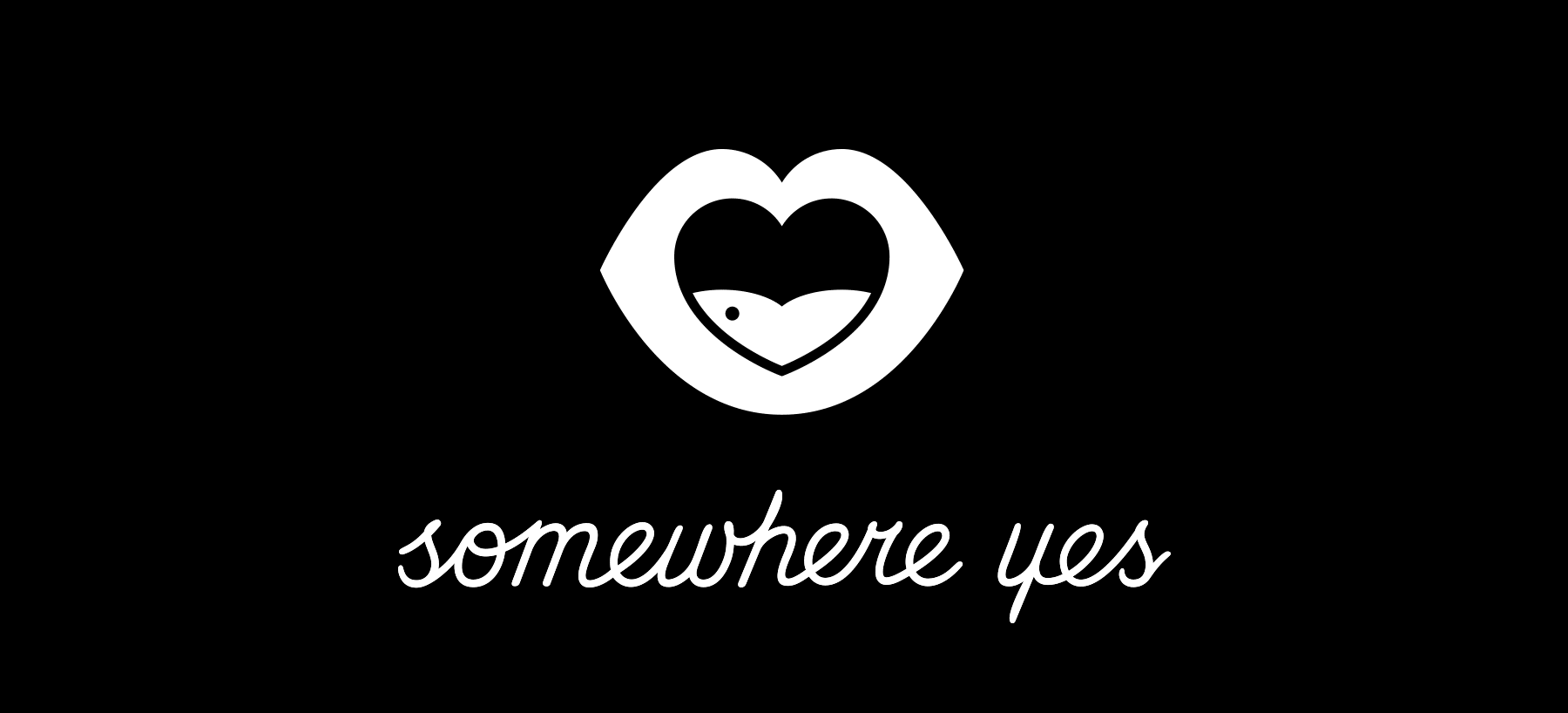
SOMEWHERE YES: The Search for Belonging in a World Shaped by Branding is an exploration of the power of brands, for both unifying and destructive purposes.
Blanketed with illustrations, photography, symbols, and design, SOMEWHERE YES takes readers on a visual journey that challenges them to question what branding is, how it works, and, ultimately, if it has the capacity to help our culture recover from its recent dystopian trajectory.
Beat Kaspar Baudenbacher was born and raised in Switzerland and graduated from Art Center College of Design in Pasadena, CA with a BFA in Graphic Design.
Co-founder and Chief Creative Officer of loyalkaspar, Beat is a creative optimist who believes in the power of creativity to transcend language, borders and cultures. An eternal dreamer, he is obsessed with searching for the magic in the mundane while vigorously defending the creative process.
He spends his days dwelling on what it takes for brands to tell cohesive and compelling stories, and he spends his nights contemplating the effects of those brands on their audiences.
He lives in Brooklyn, NY, with his wife and two sons.



SOMEWHERE YES sets out to articulate and demystify what branding is to make the case that its tools are ones that everyone—not just designers and corporate marketers—are familiar with.
“I define branding as ‘purposefully shaping public perception’, which is used to organize and structure our societies. Corporations do this most visibly, but we all do it individually.
People organize themselves around jobs or interests, for example, while companies segment us around their products. Many other groups can be understood as brands: Catholicism is a brand, Buddhism is a brand, QAnon is a brand, The Proud Boys are a brand, democracy itself is a brand.
At the core of this is the fact that all human beings need a sense of purpose and belonging.”
The book is framed in the graphic tradition of classic media deconstructions by Marshall McLuhan and Paul Arden, whose texts ask the reader to engage on both an intellectual, as well as an intuitive level.
“I crafted Somewhere Yes to be read with multiple layers. It’s designed so that you can read its headlines alone to experience the simplest narrative journey, or you can go deeper by reading the paragraphs and dissecting the imagery. The deepest level you can engage is by also reading the small type, which acts as a ‘color commentary’ to the larger themes.”
Branding helps us navigate an increasingly complex world, providing people with mental markers to connect with those that hold the same tastes, world views, and beliefs.
“One of the phrases I use in the book is that ‘brands create order in the universe’, which means they help us organize people, products and politics around different belief systems.
For example, the branding for HBO serves as a marker that signals innovative and culturally relevant stories. It allows you to connect with other people who love the same shows, which, presumably, means they share a similar world view.
At the same time, those markers can be used by bad actors to organize and attract followers. Whether it’s misinformation movements or hateful groups, we see the tools of branding used to reach people in unprecedented, dangerous ways that we should be more aware of.
I’d like to see the application of branding tools to sell ideas that benefit humanity.”


Inspired by the theme of “Branding as Belonging,” SOMEWHERE YES originated as a conference presentation that evolved into a four-year visual project.
“I’m a trained graphic designer, not a writer, so filling an entire book with words was pretty daunting; I also didn’t want this to be a dissertation on branding. I wanted it to be engaging and thought-provoking, but also fun and visually stimulating.”
The book is structured in three acts—THIS IS OUR WATER, where we explore how the public performance of identity leads us to use tools of branding, NAVIGATING THE HUMAN ZOO, where we examine the role of symbols and language, and GO HUMANS, where we challenge ourselves to use branding as a tool to help create a sense of shared experience.
“I see the structure of the book as a three act screenplay; introduction, development, and conclusion. Because the book touches on a number of different topics, all under the umbrella of branding and belonging, I was only able to scratch the surface of most themes before having to move the narrative forward. This means there are many ‘micro chapters’ that make up the whole book and each ‘act’ organizes these minor themes under a larger umbrella.”
SOMEWHERE YES is intended for students and professionals in the creative community, including designers, marketers, writers, and anyone who engages with brands—but more broadly, for those aspiring to look at the world through a different lens.
“When someone picks up Somewhere Yes, I hope they think:
1. Wow. I never thought of branding that way!
2. Dang, yes! We need to start shaping progressive messaging in a more purposeful way!
3. YES! Why are we all fighting each other, when we have the task of saving our planet, defend our bodies, and our democracies?”
































